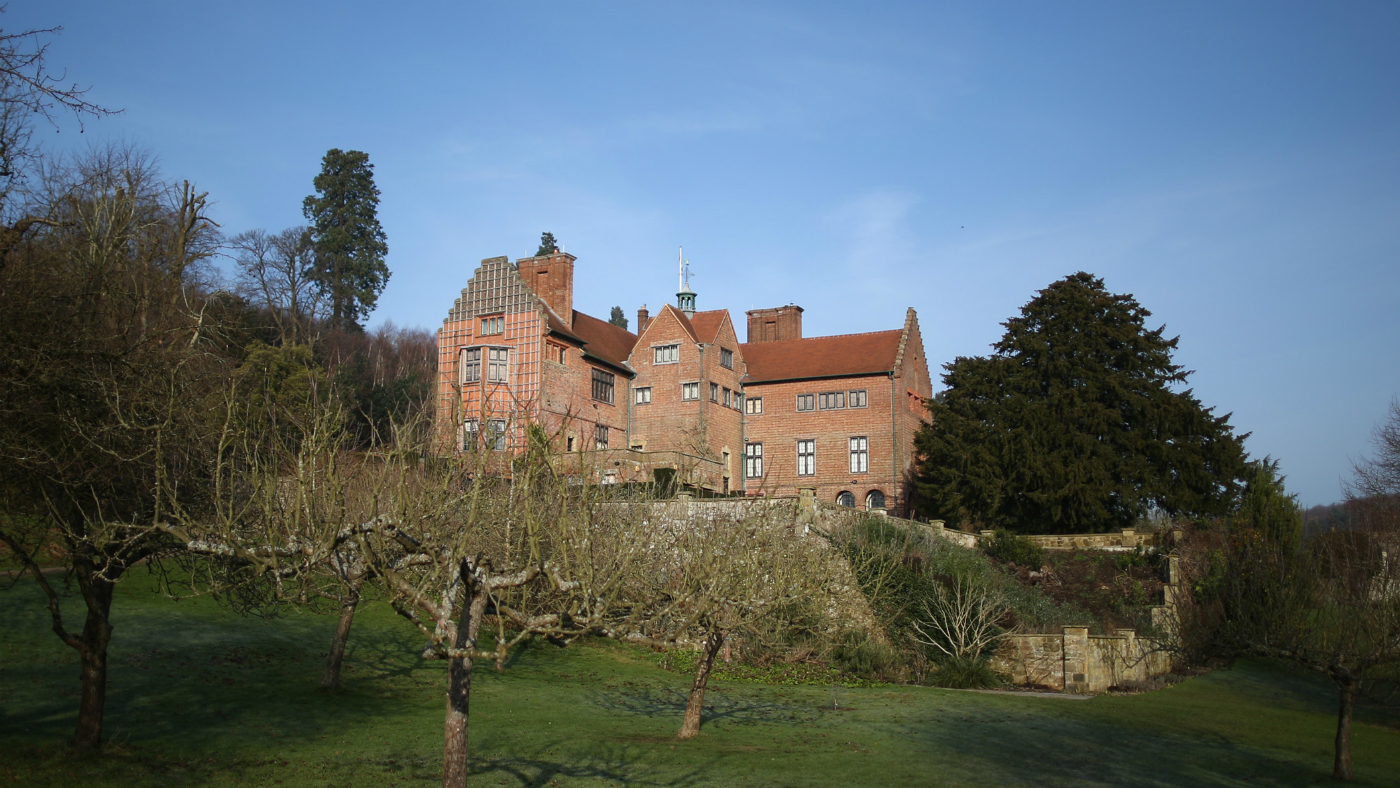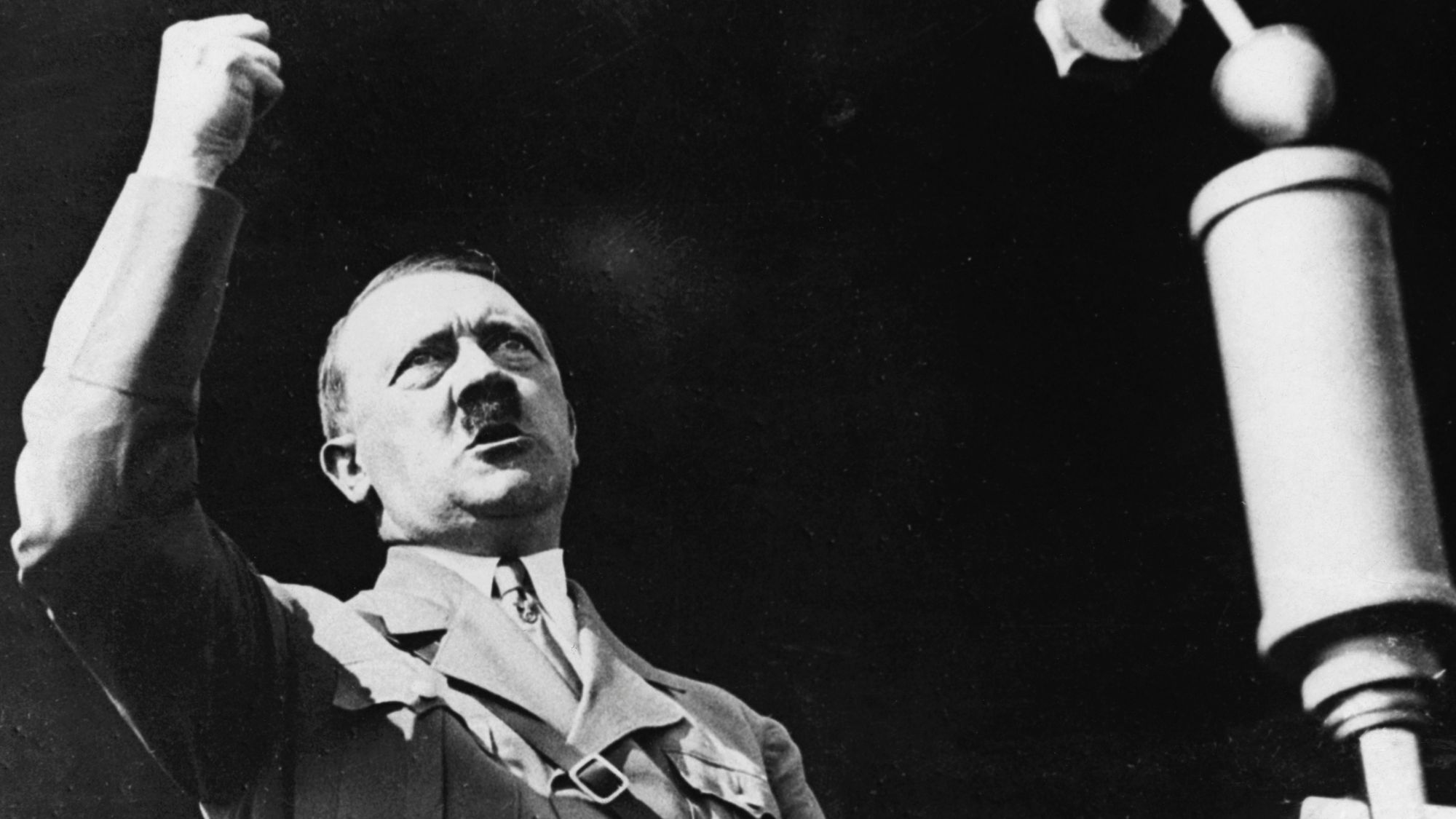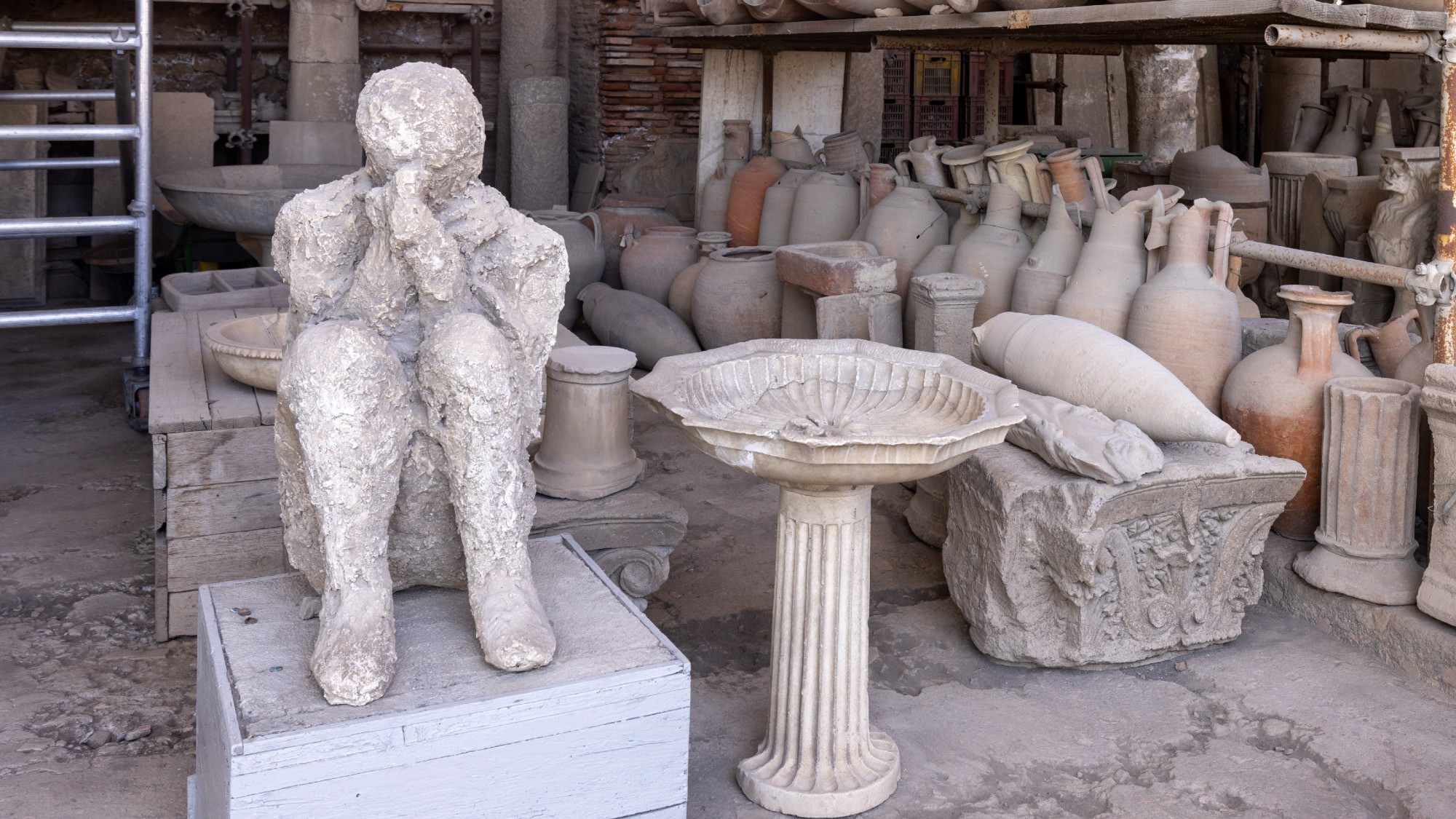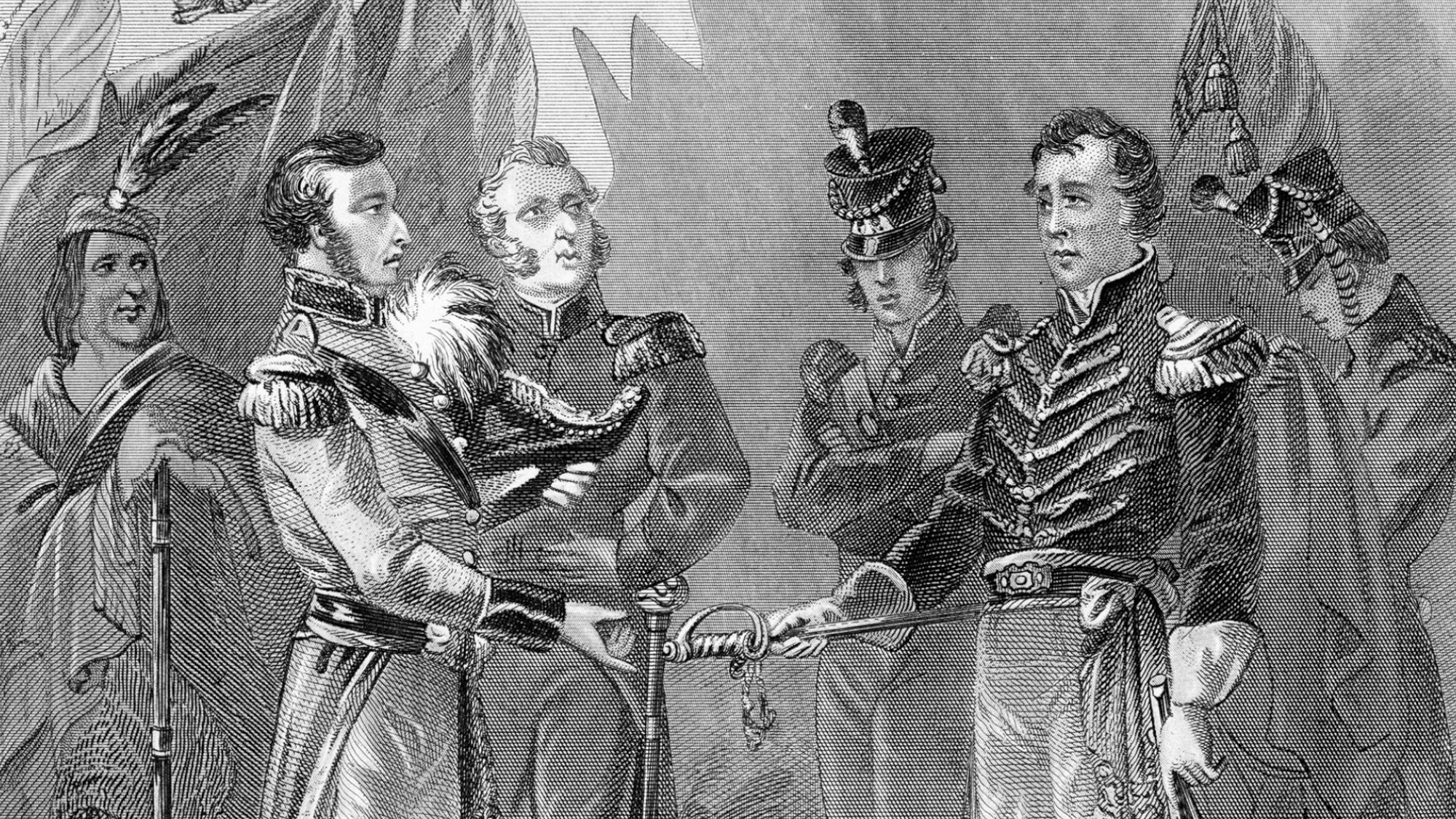The National Trust: a cultural battleground
Critics believe it has become too ‘woke’ and a rebel alliance has been formed

A free daily email with the biggest news stories of the day – and the best features from TheWeek.com
You are now subscribed
Your newsletter sign-up was successful
God help the National Trust, said The Guardian. Ever since it published a “sober” academic report last year, detailing its properties’ links to slavery and colonialism, it has become a battleground in a vicious “culture war”. The Trust’s critics believe it has become too “woke”, and should stick to looking after Britain’s historic homes and gardens. Restore Trust, a rebel alliance of 6,000 current and former National Trust members, has been formed, and is seeking to take six vacant seats on the charity’s council at its annual general meeting next week. The group, backed by right-wing Tory MPs and including one fundamentalist Christian lobbyist, claims that it wants to return the Trust to its founding principles. It is vital to see this for what it is: a small group of unrepresentative obsessives trying to “push a reactionary agenda”.
Actually, said Clare Foges in The Times, Restore Trust has a point. Many members have been irritated that volunteers have been told to wear lanyards to celebrate gay pride, and to complete diversity training, lest they be “inadvertently sexist while explaining the provenance of a Chippendale dresser”; and that school-children have been sent into Trust properties to “reverse-mentor” septuagenarian volunteers. Last year’s sloppy report was the last straw. It casually indicted various much-loved places of historical crimes: Wordsworth’s house, because his brother captained an East India Company ship; Winston Churchill’s home, Chartwell, for his opposition to Indian independence. The rebels were right to call this out.
The Trust has to move with “changing tastes and opinions”, said Simon Jenkins in The Guardian. There was no way it “could stand aloof from the debate over how to present controversial periods in British history”. Some of its houses, such as Speke Hall, were built on the proceeds of slavery. But it addressed the debate clumsily, giving the job to “a group of partisan academics talking a private language”. This needlessly provoked the anti-woke brigade. Nevertheless, with members now nearing six million, the Trust is in sound health. “It will get over this latest dust-up – and learn.”
The Week
Escape your echo chamber. Get the facts behind the news, plus analysis from multiple perspectives.

Sign up for The Week's Free Newsletters
From our morning news briefing to a weekly Good News Newsletter, get the best of The Week delivered directly to your inbox.
From our morning news briefing to a weekly Good News Newsletter, get the best of The Week delivered directly to your inbox.
A free daily email with the biggest news stories of the day – and the best features from TheWeek.com
-
 6 of the world’s most accessible destinations
6 of the world’s most accessible destinationsThe Week Recommends Experience all of Berlin, Singapore and Sydney
-
 How the FCC’s ‘equal time’ rule works
How the FCC’s ‘equal time’ rule worksIn the Spotlight The law is at the heart of the Colbert-CBS conflict
-
 What is the endgame in the DHS shutdown?
What is the endgame in the DHS shutdown?Today’s Big Question Democrats want to rein in ICE’s immigration crackdown
-
 American empire: a history of US imperial expansion
American empire: a history of US imperial expansionDonald Trump’s 21st century take on the Monroe Doctrine harks back to an earlier era of US interference in Latin America
-
 Claudette Colvin: teenage activist who paved the way for Rosa Parks
Claudette Colvin: teenage activist who paved the way for Rosa ParksIn The Spotlight Inspired by the example of 19th century abolitionists, 15-year-old Colvin refused to give up her seat on an Alabama bus
-
 Decking the halls
Decking the hallsFeature Americans’ love of holiday decorations has turned Christmas from a humble affair to a sparkly spectacle.
-
 Hitler: what can we learn from his DNA?
Hitler: what can we learn from his DNA?Talking Point Hitler’s DNA: Blueprint of a Dictator is the latest documentary to posthumously diagnose the dictator
-
 The seven strangest historical discoveries made in 2025
The seven strangest historical discoveries made in 2025The Explainer From prehistoric sunscreen to a brain that turned to glass, we've learned some surprising new facts about human history
-
 How did Kashmir end up largely under Indian control?
How did Kashmir end up largely under Indian control?The Explainer The bloody and intractable issue of Kashmir has flared up once again
-
 The fall of Saigon
The fall of SaigonThe Explainer Fifty years ago the US made its final, humiliating exit from Vietnam
-
 When the U.S. invaded Canada
When the U.S. invaded CanadaFeature President Trump has talked of annexing our northern neighbor. We tried to do just that in the War of 1812.